“You cannot unlearn what you have seen.”
– Pastor Bill Wilson
6th March 2015, our largest missions team yet headed to Manila, Philippines for the most awaited mission trip of the year. The mission was in collaboration with Metro World Child (MWC) Manila, and the first to be personally led by Pastor Bill Wilson.
More than 300 members applied for the 40 slots available on this mission trip, and each of them had to undergo stringent tests in order to be selected. The team arrived in Manila to be greeted by Pastor Bill personally. We have all heard the stories that Pastor Bill shared in services, but he challenged the team that it was no longer going to just be a story – today, they would live the story, walking today where Jesus would walk.
On the first day, the team headed for the main mission field, Tondo. Tondo is one of the poorest and most undeveloped places in Manila. Upon reaching Tondo, the team felt the atmosphere change as they realised what lay before them.
I had watched videos of Metro Philippines, but its a different thing seeing it personally. The videos I had watched, pale in comparison when you touch, smell and see it personally. – Jia Hock
They entered Happyland (Hapiland means dumpsite in Tagalog, an ironic name) and what they saw next broke their hearts… The people built shelters on the garbage, and lived without basic sanitation.
“We smelled Happyland before we saw it. Getting down from the jeepney, we walked into an open area filled with children. Places where concrete or grassland should have been were covered with trash. The pungent smell of rubbish was unapologetic in making its way to us. Children ran along the road lined with rubbish, some of them barefooted, the others naked. In that instant, the tears came without me knowing. How could anyone live here?” – Yue Ying
People living there eat pagpag. In Tagalog, pagpag means to shake or dust off, but here it has a different meaning – leftover scraps of meat and bones scavenged from the thrash, cleaning off worms and dirt before boiling them again, to be sold or eaten.
“Whenever the fast food trucks come by, the people would run through the rubbish and dust off the dirt or wash them and re-fry them and sell them or eat it themselves. The whole situation is heart-wrenching. The children grew up thinking this is normal.” – Chloe Ng
“None of you should give the wrong body language, or throw up in front of them. You’re being insensitive.” Pastor Bill briefed the team as we went farther into Tondo, getting us to experience what it’s like to live like the people there. Stepping into the garbage, their feet sank farther in. The team saw children playing and jumping around the garbage, with flies and dirt over their skin and wounds.
“We went in to a room to pray for a girl with her mother. The girl had worms coming out of her body. A kid pointed to the sewage filled seawaters and shouting out to us “Swimming pool!” I looked at everything and asked myself, “there’s so much to do to change this place… Is it even possible? Why doesn’t anyone care?” – Cherie
Heading to Smokey Mountain next, the team was told the very ground they stepped on was not soil, but the charred remains of garbage. The constant burning of thrash left an acrid smell hanging in the air, the smoke earning this landfill its name. It wasn’t always easy for the team, as they found themselves struggle with the reality of the situation and the conditions they lived in.
“I saw this little boy whose arms were full of scars and boils. His shirt was oversized and looked like a dress on him. His face was full of dirt, but he would look at me and smile his sweetest smile. That really broke my heart. Nobody cleans these kids up, nobody takes care of them. At first I struggled with myself when I saw how dirty he was.. I felt like I didn’t really want to touch him. But I remember fighting with myself, and I told myself – I must make him feel like he is the world’s most loved kid today, no matter what.” – Gwendolyn
Next, the team saw people living under the a bridge – a make-do house made using planks and nails. These houses would rattle and shudder every time vehicles went over the bridge. The entrance to the house was big enough only for a child to enter; an adult would have to bend over and crawl to get in. Even inside, one would have to sleep with his legs to his body as there isn’t enough space to stretch their legs. As the tide rises, the houses would be flooded. The people inside would have to scramble out to wait for the tide to go down. Yet, this was their home.
“When we reached there, the first thing I saw was an obituary for a 17 -year-old girl. She was younger than me. Then, as we were walking through the buildings, we met a 21-year-old who was pregnant with her second child, and a 19-year-old who was struggling to feed her 2-year-old child. Seeing them and realizing that they were around the same age as me, yet living such different lives, just broke my heart. This brought a brand new perspective for me when I visited the kids and played with them over the next few days. It was no longer about my reservations, but it was about loving them, bringing Jesus to them, so that they can have the hope of Jesus in the life that they live.” – Michelle
The team helped to conduct Sidewalk Sunday Schools, where hundreds of children would attend to hear about Jesus and be part of the feeding programme organised by MWC.
“After Sunday School, the children would queue up to collect their meal, which may be their first proper meal in days or in the next few days. Some even brought what little they were given home to share with their family members” – Vanessa
One of the Sunday Schools was particularly heartfelt for the team. It was held in the Himalayan Parañaque cemetery. As the team entered the cemetery, they witnessed an ongoing funeral procession. Nothing would seem out of the blue, if there weren’t children running about, and people living on and around the tombstones.
“When I saw little kids running around the tombs, my heart broke on the inside. What we see as given in our lives (going to school, having a good family meal) was not so for many of the kids living in the cemetery. As we were walking through the cemetery, Pastor Bill called us over to a young lady and her daughter. After talking to them, he found out that actually three generations of their family had been born in the cemetery.” – Jie Wei
Those living at the cemetery would exhume the tombs to take clothes and jewellery from the corpses to sell them, and their children would pick up bones as toys.
“We went to the cemetery for Sidewalk Sunday School. When we arrived, the kids were playing right beside a place supposedly used for funerals. Where we stood was literally between the living and the dead. Some of us went around to visit the families living there and to give out clothes. Where we stepped were the tombs of the people, and this is also where the houses of the people living there are built on. There were tombs cracked open… I tried taking a peek inside but it was empty. Elsewhere, skeleton remains were littered around. Some of the children played with them since they had no toys…” – Tze Chao
What MWC does in Tondo is more than just humanitarian work. While the team meet their physical needs through food and clothes, they also meet their spiritual needs through Sidewalk Sunday Schools. The place desperately needs the word of God, and every week, the kids would get to hear about the love of God. Bit by bit, Sunday school to Sunday school, feeding programme to feeding programme, the children are being brought closer and closer to Jesus.
For the team, the trip was more than an eye-opener – it was a heart-opener. As the team walked through the filth, smells and poverty, it was as if the Bible came to life and they experienced Jesus feeding the hungry and clothing the naked.
“I will not be able to live the same again. After walking the path Jesus walks, seeing what He sees, touching what He touches, feeling what He feels, my heart cries out more ‘God, break our hearts for what breaks Yours. Give us a heart of compassion, to weep at what Jesus weeps.’” – Wei Qi
This mission with MWC Manila was the first time for HOGC, but it will not be the last. Knowing compassion is one thing, acting on it is another. Let us be a generation who will act in compassion!
Matthew 25:35 “For I was hungry and you gave Me food; I was thirsty and you gave Me drink; I was a stranger and you took Me in; 36 I was naked and you clothed Me; I was sick and you visited Me; I was in prison and you came to Me.’
Then the righteous will answer Him, saying, ‘Lord, when did we see You hungry and feed You, or thirsty and give You drink? When did we see You a stranger and take You in, or naked and clothe You? Or when did we see You sick, or in prison, and come to You?’ And the King will answer and say to them, ‘Assuredly, I say to you, inasmuch as you did it to one of the least of these My brethren, you did it to Me.’”

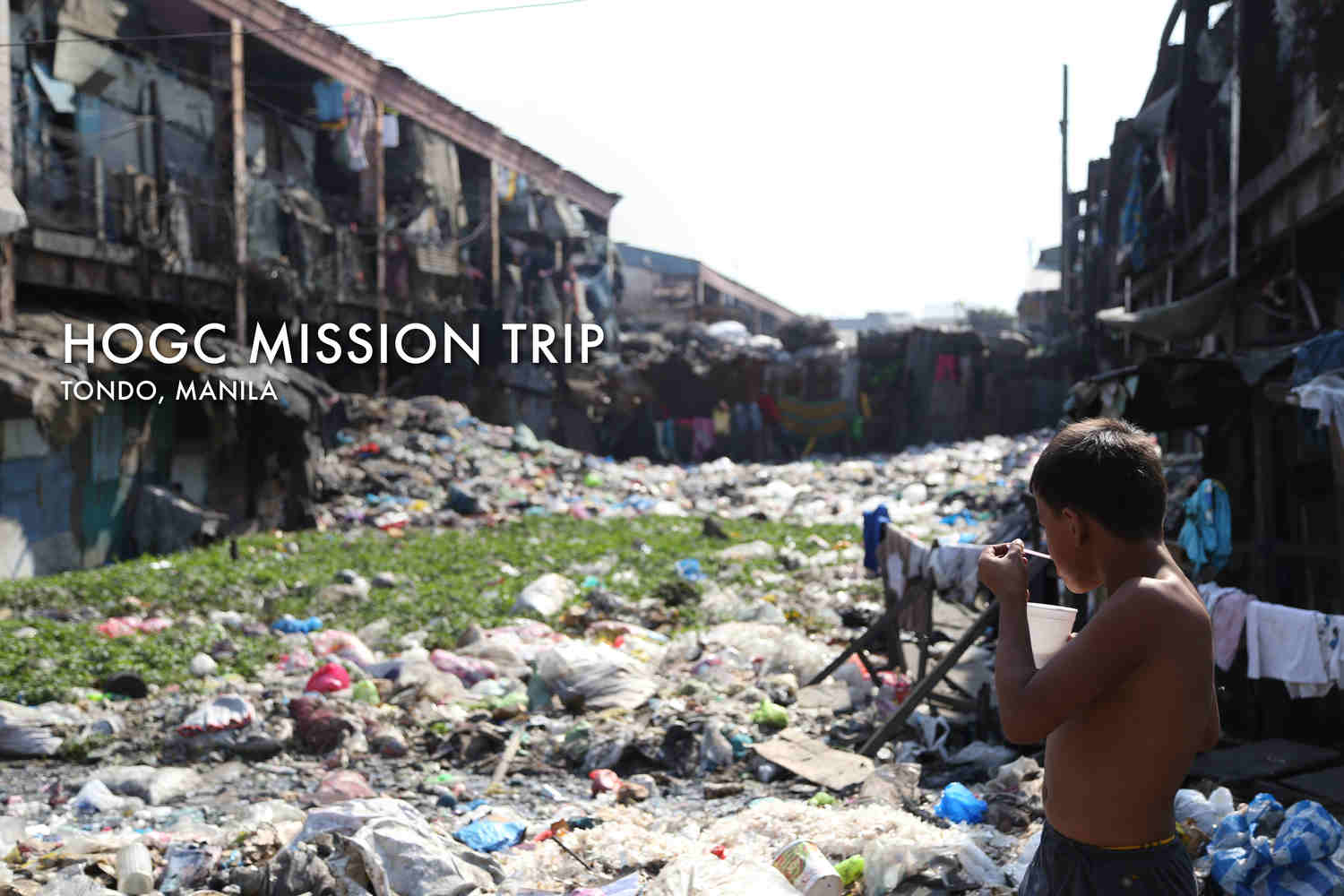
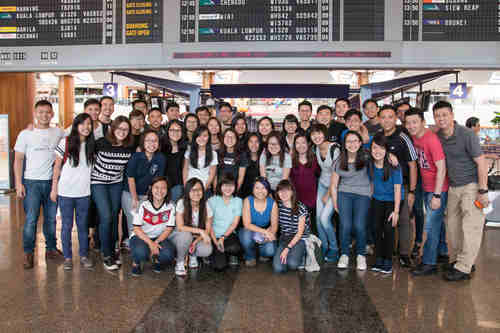
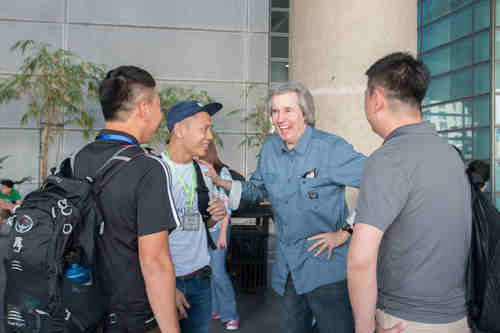
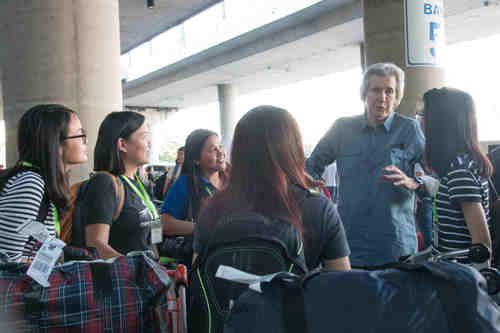
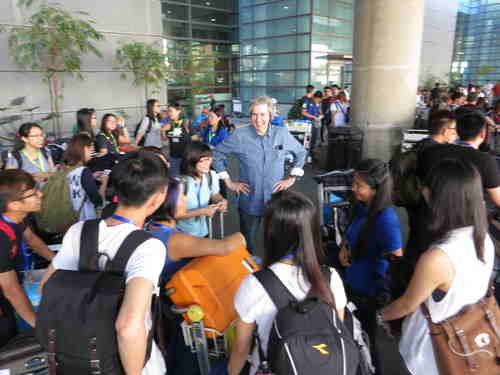
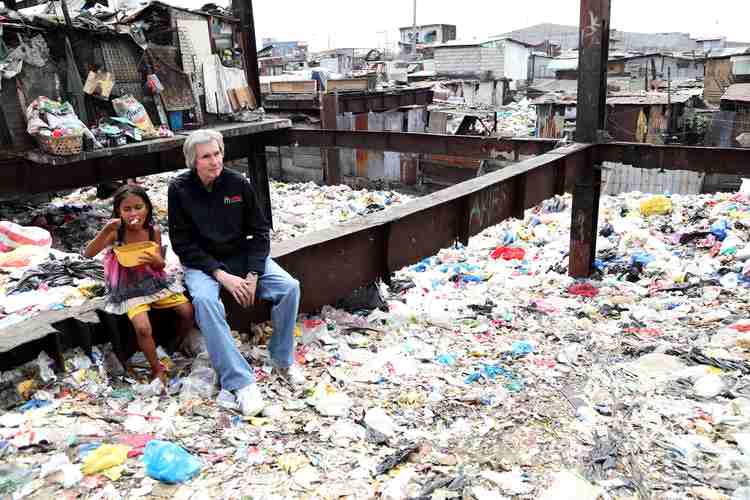
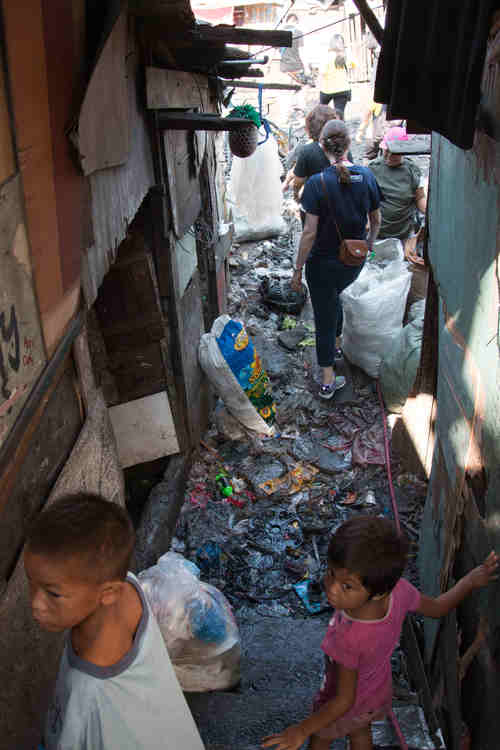
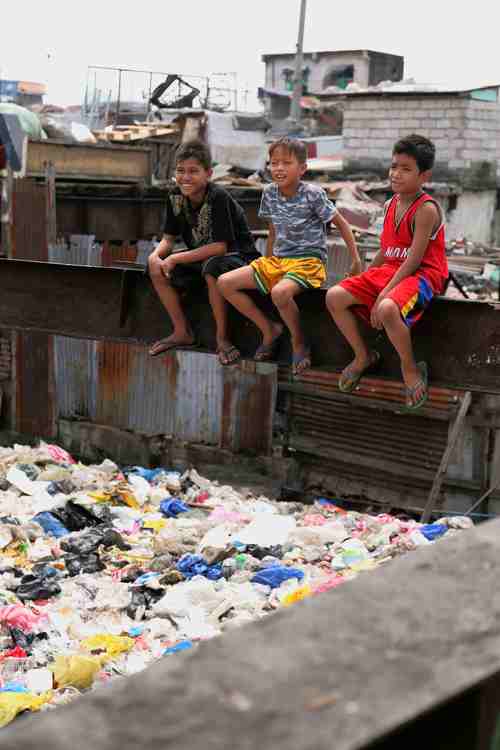

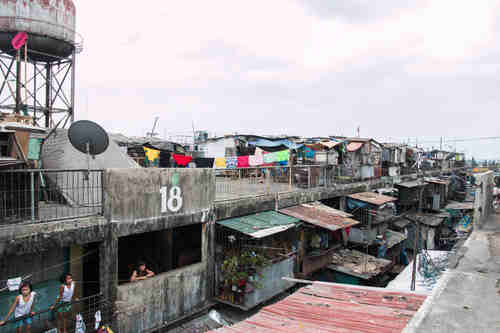
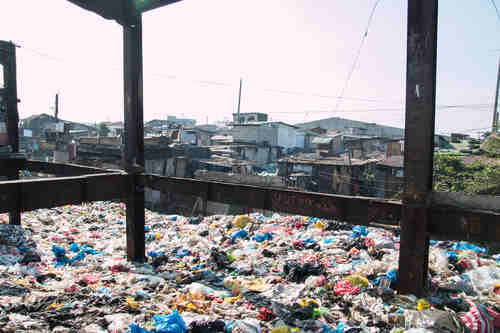

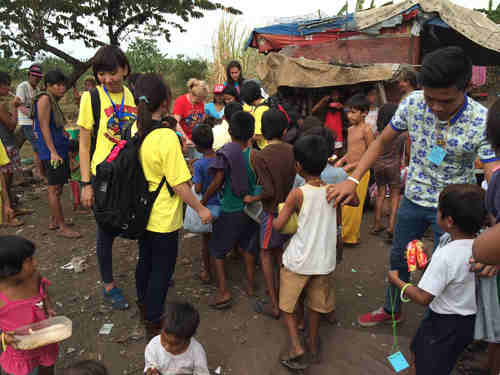
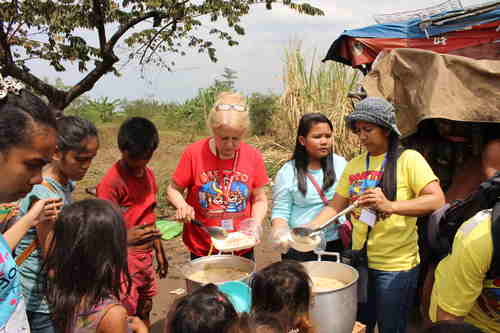
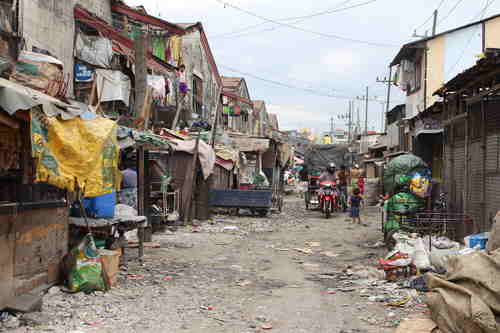
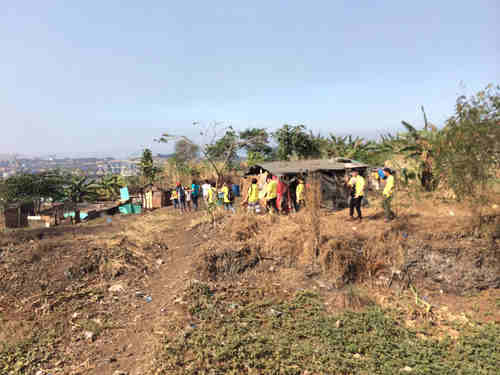
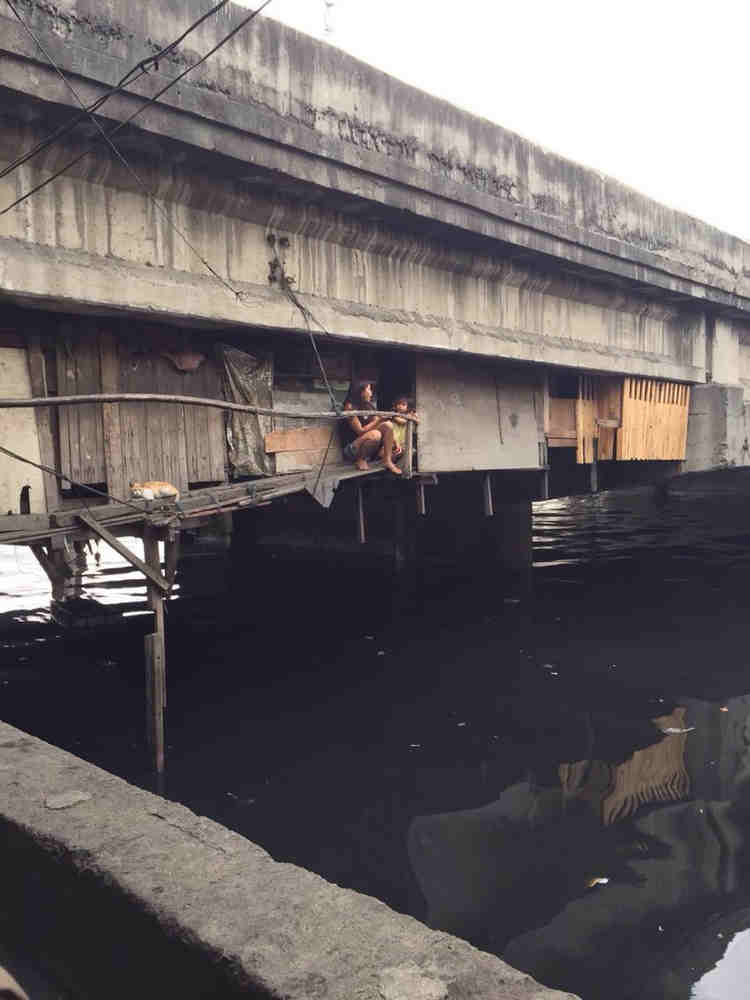

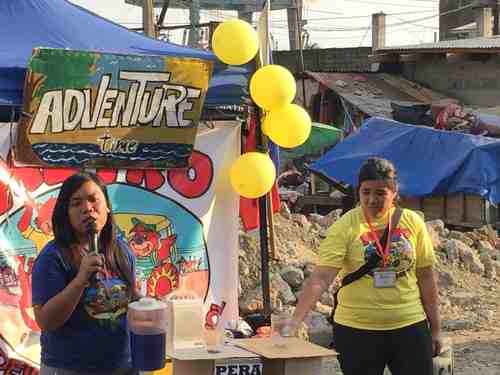
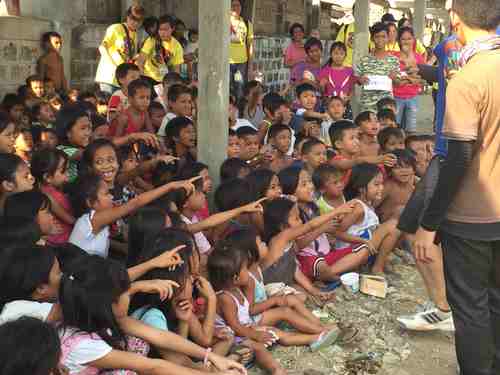
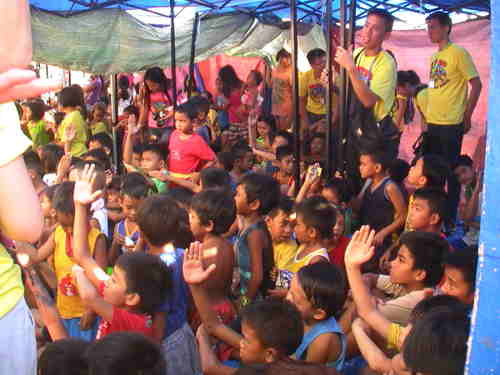
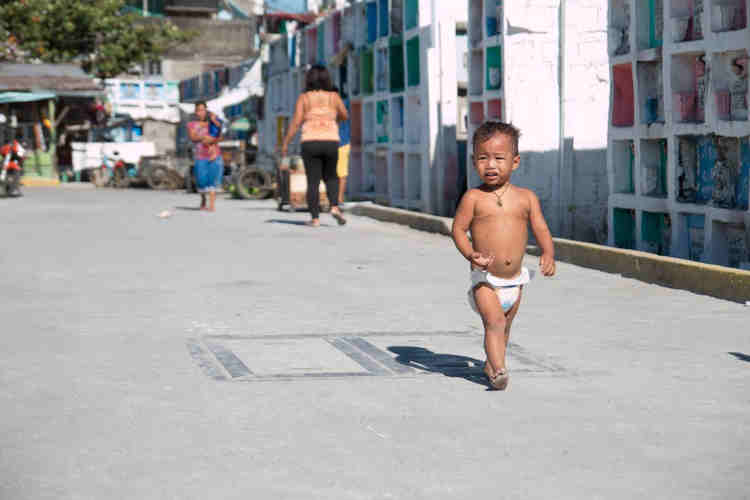
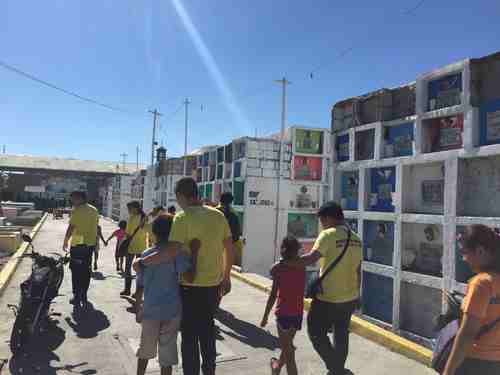
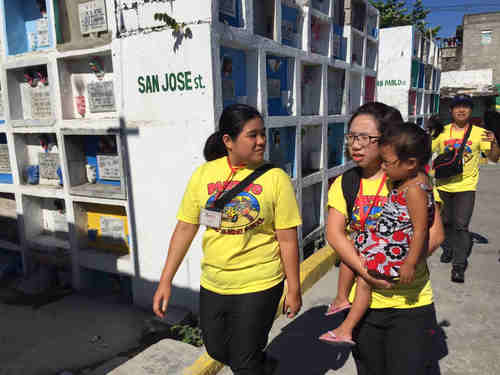
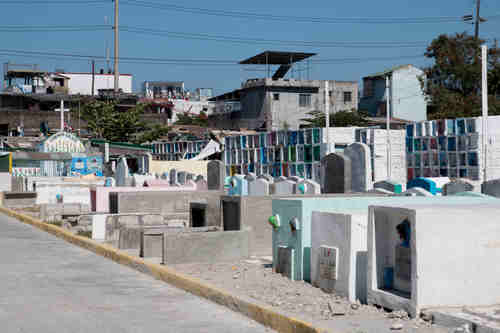

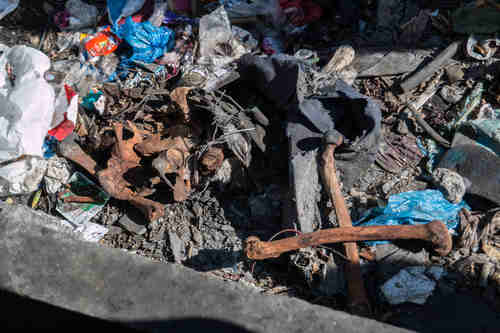
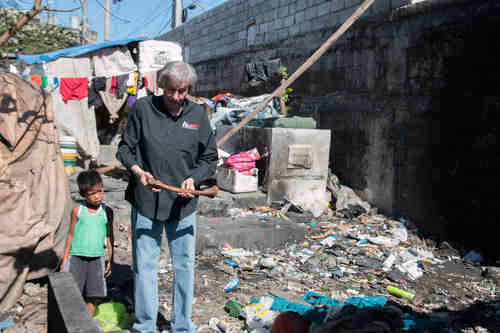
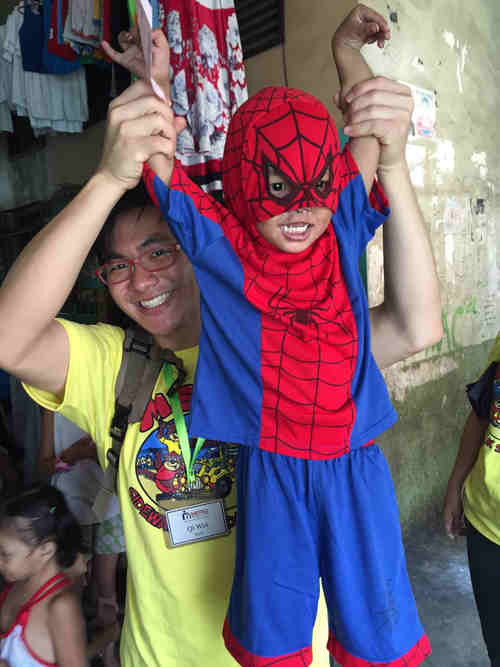
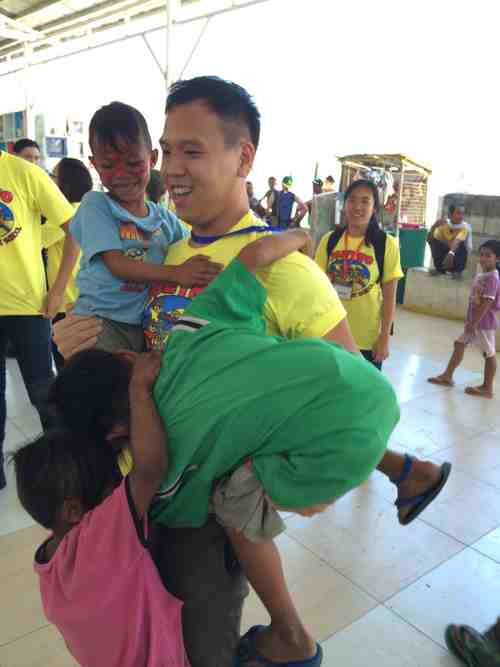

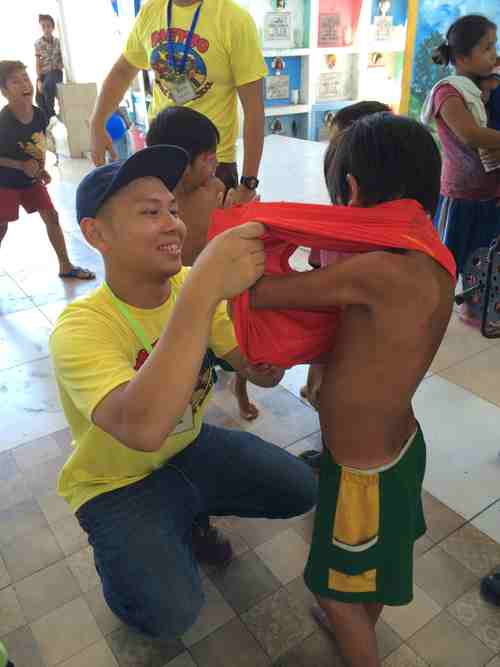
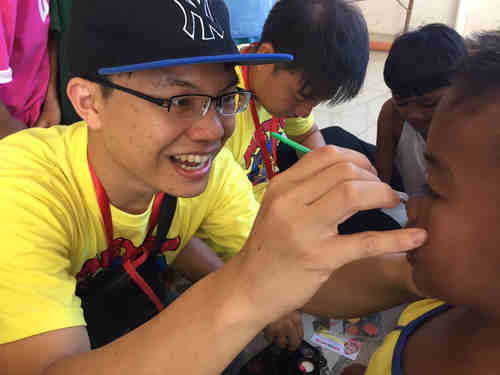

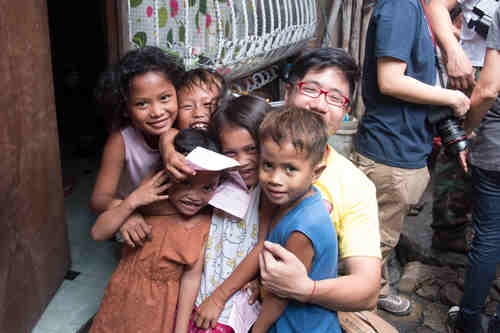
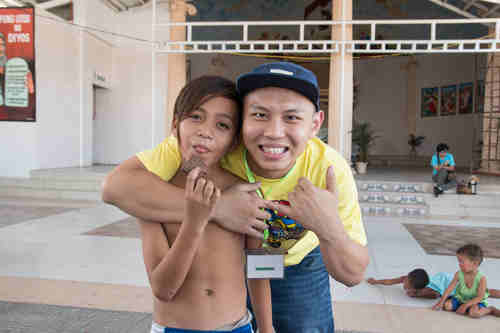
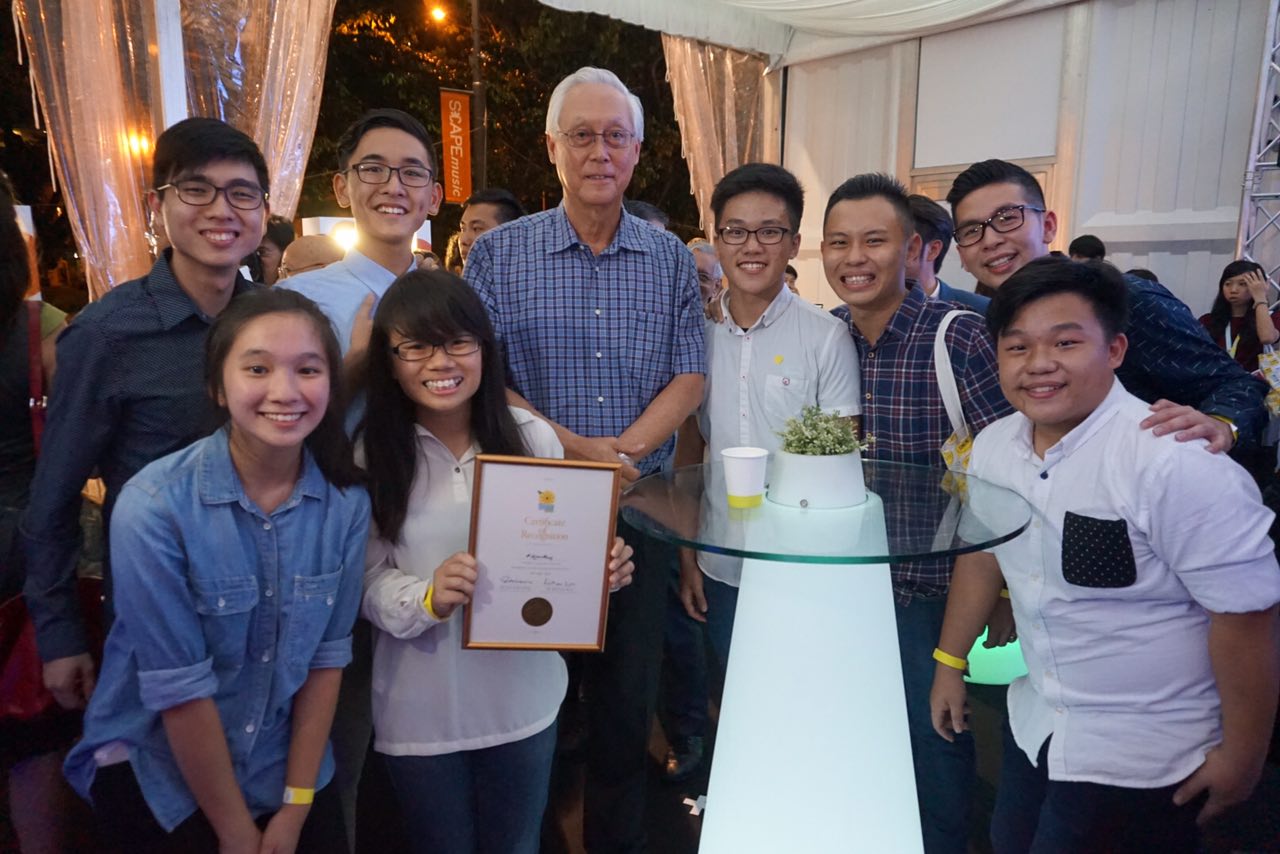
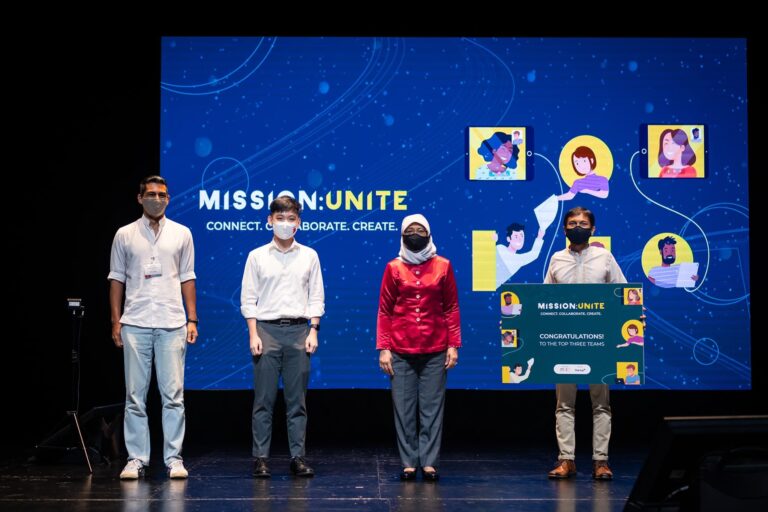
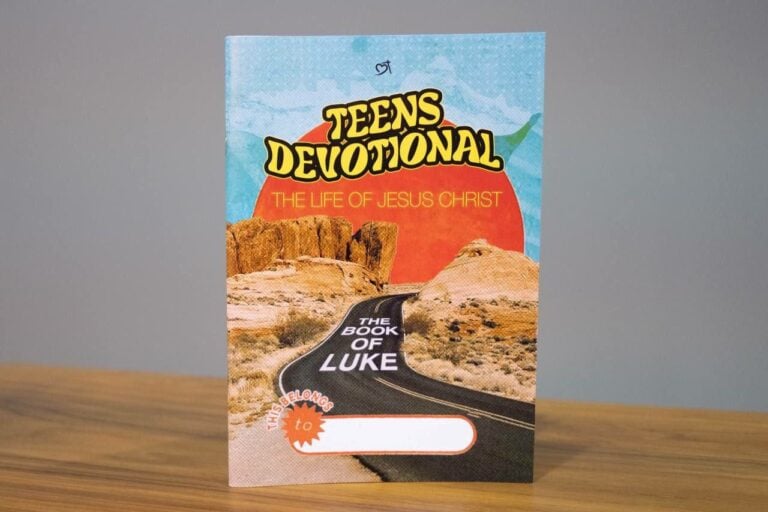

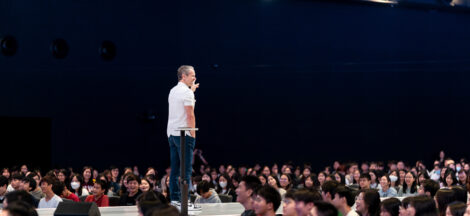
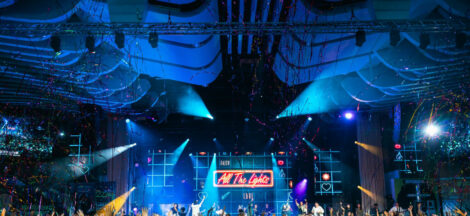
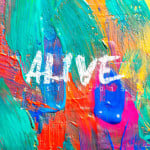 Alive for Others: Easter 2015
Alive for Others: Easter 2015